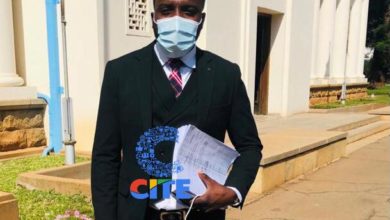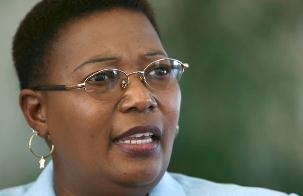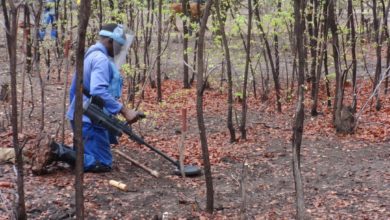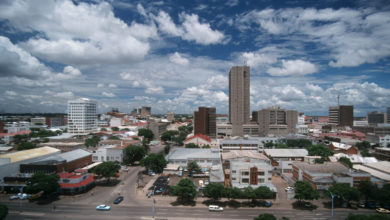Media should be allowed to live stream court proceedings
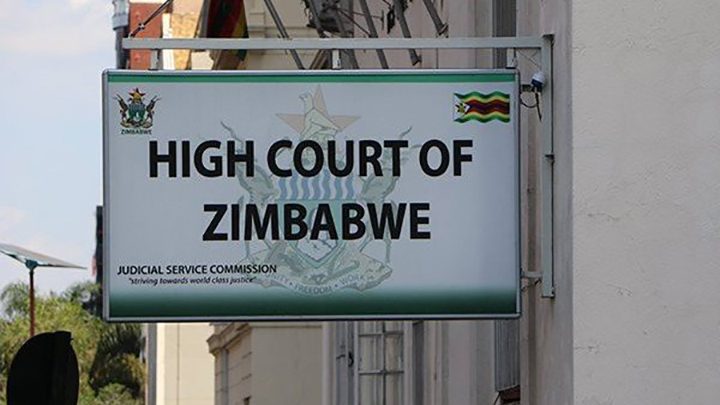
The refusal by the Bulawayo High Court to allow live streaming of the ongoing election petition cases infringes on the right to access information and the work of media organisations.
Asakhe Online, a Bulawayo-based media outlet had filed a request to the Bulawayo High Court seeking permission to livestream election cases being heard before the court relating to challenges to the acceptance of nomination papers of various candidates in the Nomination Court.
Despite the fact that no counsel objected to the request to live stream the hearings, Bulawayo High Court Judge Justice Bongani Ndlovu granted partial access, indicating that Asakhe Online may only live stream the ruling and not the full proceedings.
However, Kucaca Phulu of Ncube Attorneys who represented the media organisation argued that judgements are usually “a one-liner” and that citizens will miss the background of arguments made.
“The implications of this judgment show that the right to impart and to receive information and also the media rights in terms of Section 61 of the Constitution have been trampled upon in a way because this is a case of intense public interest. We would have expected to cover the whole proceedings because we are talking about 12 to 15 or so candidates running for National Assembly who stand to be dismissed right across the city,” said the constitutional lawyer.
The High Court, according to Phulu, did not deny that the election petition cases were of “intense public interest,” which is why it permitted limited streaming of the judgments.
“However, as you will note, the rulings are normally just the one-liners and the ruling is made against the background where people do not know what was being debated,” he said.
On Thursday, Justice Ndlovu reserved judgement in a matter brought by 12 registered voters challenging the nomination of 12 Citizens Coalition for Change (CCC) candidates for MP and other parliamentary candidates on the grounds that their nomination papers were filed after 4 pm on June 21.
Phulu argued that since the judgment had been reserved, it meant the ruling would be made on another day, where it was ‘quite’ possible it would be a one-liner.
“It may be a one-liner where the operating paragraph is read and to that extent, the public has been starved of essential information to know what goes down or what goes on in the hallowed halls of the law,” said the constitutional lawyer.
“Why should we have courts that the public does not access when the idea of the courts is that it is a system of open justice?”
Phulu said they would implore the courts in the future to allow streaming and to put in place rules that govern live streaming by media organisations.
“In South Africa, they have rules of how journalists can approach the court to apply to participate in streaming, as they have guidelines and our Constitution allows for that. Our statutes are actually open to that we need guidelines. In New Zealand they have guidelines and we would implore the courts to put in place those guidelines to make it easy for journalists to make cases such as this open so that the public do not accuse the establishment of hearing these cases under closed doors” said the constitutional lawyer.
“In fact, funny enough, this was one of the issues in this case whether the Nomination Court can be done behind closed doors or it should be in open court. So as legal representatives representing our client Khulasizwe (Asakhe Online), we are extremely disappointed at the outcome of our application in this context.”
Phulu pointed out that none of the parties – both applicants and respondents – objected to the live streaming of the election petition cases, but he presumed the judges were afraid of “new technology and the unknown.”
“Eventually we will grow out of it and the courts will put in place guidelines to allow journalists to be able to stream to our benefit as members of the public. So we can all know what is happening in the courts especially when the result is potentially monumental and the public will not be able to understand what happened,” he summed.



